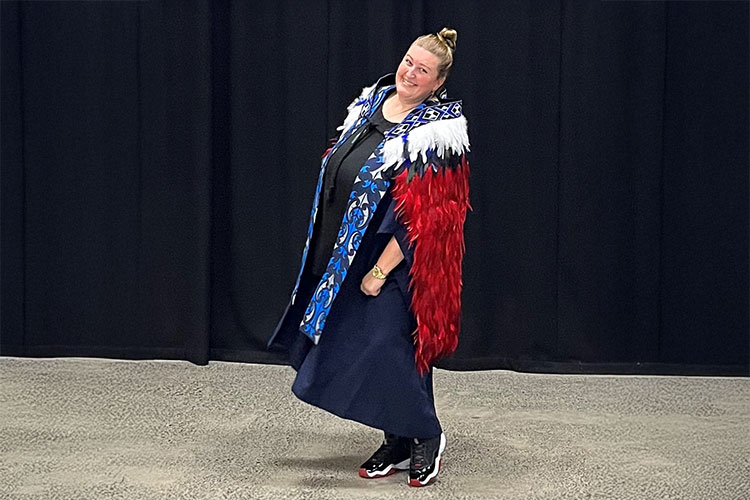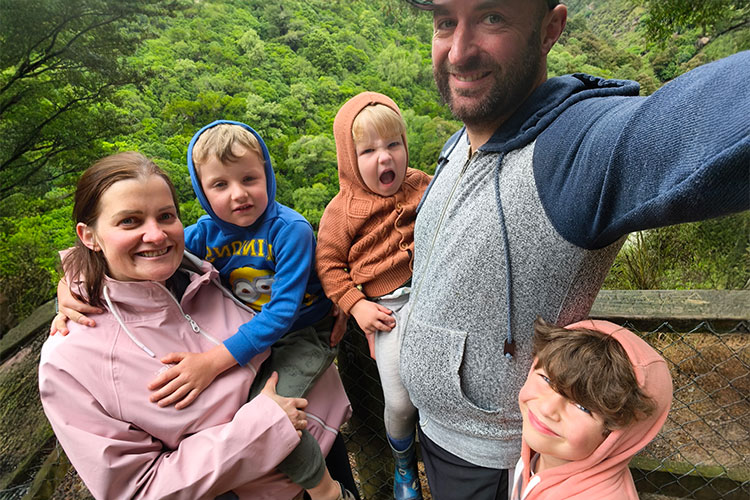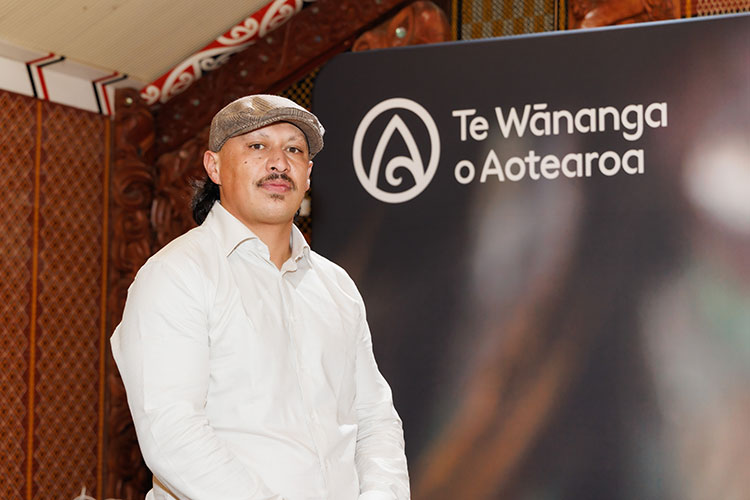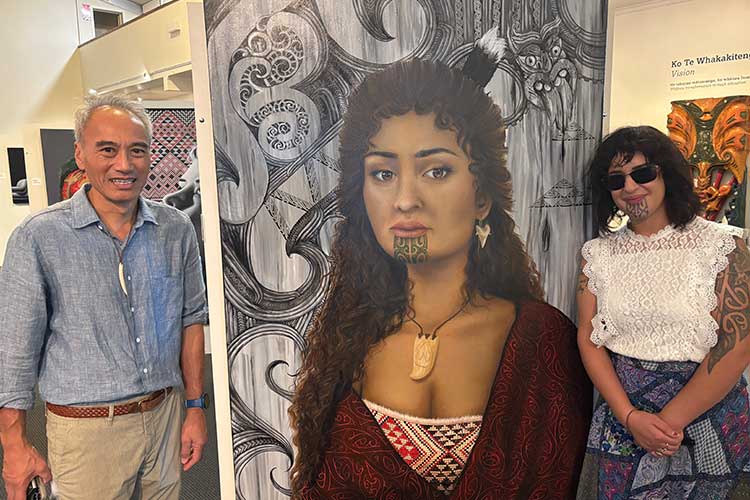
The trends driving the future of work will change the skills needed in all jobs. Emerging trends will see people changing jobs and move careers more frequently and see people working beyond the traditional retirement age.
We expect around one-third of jobs in New Zealand will be significantly affected by automation. Today, people over the age of 65 are three times more likely to have jobs than similar aged people were in 2001.
On the 1st of April 2020 the Vocational Education and Training Reform amendment act came into effect. It was designed to create a more unified and cohesive vocational education system to meet the changing needs of tomorrow’s workforce.
The new system will have a stronger focus on employers, delivering the skills they need, providing more support for their employees, and ensuring greater consistency in vocational education across the country. Longer term, this will increase the number of employers who are engaged in vocational education.
Work-integrated learning will become an increasingly important part of the vocational education system, giving people the opportunity and flexibility to earn while they learn and gain an education that is more directly relevant to the changing needs of the workplace.
There are several key areas which will change under the new system:
- The creation of six Work Force Development Councils (WDC) to give industry greater leadership over curriculum across the spectrum of vocational education.
- The establishment of Regional Skills Leadership Groups (RSLG) to provide advice to the WDC’s about the skills needed in their region.
- The creation of Te Pūkenga (New Zealand Institute of Skills and Technology).
- The disestablishment of Industry Training Organisations (ITO) and shifting the role of supporting workplace learning to providers – either Te Pūkenga, PTEs (private training establishments) or Wānanga.
- The establishment of Centres of Vocational Excellence (CoVE) to show case excellent vocational education provision and share high quality programme and curriculum design.
- Unification of the education funding system.
What does it mean for Māori?
The reforms are an opportunity to develop a system that works for Māori. This will include a shift to more culturally responsive teaching and learning. It will also provide a much stronger voice for Māori businesses and iwi development.
The Reform of Vocational Education will better reflect the current Government’s commitment to Māori Crown partnerships. A partnership approach which will prioritise Māori learners across the vocational education system and recognise that Māori are significant employers with social and economic goals, underpinned by an estimated national Māori asset base valued at over $50 billion.
What does it mean for a businesses?
Industry and employers will have greater influence over the courses and training offered within the new vocational education system, making it easier to access training that meets individual and changing needs. Industry-governed workforce development councils will have comprehensive responsibilities, including advising on funding decisions, setting standards and learner assessment.
On-the-job training will be enhanced and better supported and won’t be replaced by off-the-job training. Apprenticeships will continue to be a priority and play an important role in tackling the current skills shortages.
Where does Te Wānanga o Aotearoa fit in?
Under the legislation ITOs can transition their arranging training functions to either Te Pūkenga, a PTE or a Wānanga. Te Wānanga o Aotearoa signaled that it would like to expand its current trades provision and is actively working with Te Pūkenga and all 11 ITOs to determine the best fit for current and future learners.



































